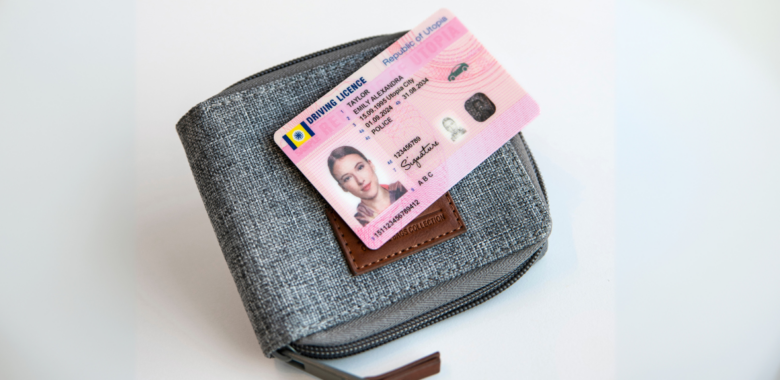Imagine a world where your face, iris, or fingerprint is your key to seamless transactions, effortless travel, frictionless access to services, and secure identity authentication. This isn’t science fiction or future-gazing – it’s happening right now, thanks to the power of biometrics. From validating your transactions, to acting as your ID and boarding pass when travelling, and authenticating drivers when on the road, biometric solutions are transforming our daily lives with unmatched reliability, security and convenience.
But while biometrics are playing an increasingly prominent role in society, the current regulatory landscape is complex, with no universal regulations to abide by. And as with any emerging technology, ensuring end-user buy in and gaining their trust is key to widespread adoption, too. Satisfying any consumer reservations surrounding data privacy and security is key to overcoming this hurdle.
How are Thales tackling this?
Given these challenges, Thales has developed its TrUE Biometrics framework, designed to set the gold standard for responsible biometric technologies. These guidelines aim to build trust for both end-users and service providers alike, and consist of three core pillars to ensure solutions are developed and used responsibly; transparent, understandable and ethical.
Transparent
With over 300 identity programs worldwide, there are varying levels of awareness, commitment, and regulations when it comes to biometrics. At Thales we not only work closely with local authorities to ensure solutions align with national and international laws and standards, but also endeavors to explain the rules by which our technologies are deployed and designed to the end user, striving for complete transparency.
For service-oriented use cases, it all comes down to knowing when and how your biometric data is being used. Service providers must therefore be transparent in explaining their deployment of biometrics to end users. Consumers should expect:
- To know the purpose of the service, if any of their personal data is stored, who can consult it, and how they can access their data or request for it to be updated or deleted
- To be able to consent to their personal data being used – or opt out of doing so entirely
- To know that data protection and data privacy for their sensitive data is being prioritised at all stages and by all partners and suppliers of the technology
Understandable
Beyond transparency, Thales also explains the use of biometrics – and the processes of biometric data collection and storage – and in a way that is accessible and understandable.
Part of this includes justifying its use for the specific service at hand, outlining the purpose of incorporating biometrics into the solution, and the benefits of doing so for both the end-user and service provider.
Ultimately, the technology is ‘understandable’ if users can get access to information on how it works, how to access it, and how they can ask the service provider to delete it. Doing so helps instill trust as consumers understand that their individual freedoms are respected, and that they are in the driving seat.
Ethical
The matter of ethics is twofold. Firstly, the technology should follow objective data privacy standards and comply with applicable laws. Thales ensures full compliance with all export control rules and economic sanctions for the execution of the contract and throughout the life-cycle of the project. And while there are no universal data regulations, Thales promotes GDPR-compliant solutions, which require the explicit consent of users and establishes heavy penalties for offenders.
And secondly, technologies should promote non-discrimination and equality. Thales’ solutions are built on robust and diverse datasets, ensuring the highest levels of accuracy and equality across ethnicity, age, and gender. This principle is further backed by AI technology and liveness detection, as well as testing solutions with third-party standards bodies such as the US National Institute of Standards and Technology (NIST).
Biometric solutions trusted by all
Thales ensures its best practice TrUE Biometrics principles underpin all of their identity technology offerings, delivering not only high security and convenience, but responsible biometric solutions that can be trusted by all.
Keen to hear more about the TrUE Biometrics framework? Check out this ID Talk Podcast with FindBiometrics and Youzec Kurp, VP Identity & Biometric Solutions at Thales.
To learn more, take a look at the following Thales resources:
- https://www.thalesgroup.com/en/worldwide/group/magazine/thales-true-technology-responsible-biometrics
- https://www.thalesgroup.com/en/markets/digital-identity-and-security/government/inspired/understanding-biometrics
- https://dis-blog.thalesgroup.com/identity-biometric-solutions/2024/06/13/digital-ids-the-ecosystem-underpinning-adoption-in-2024-and-beyond/



